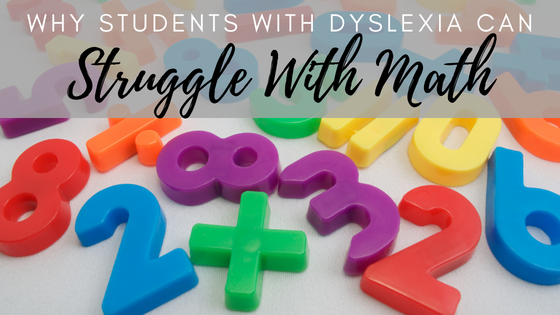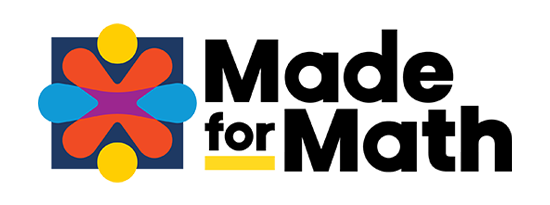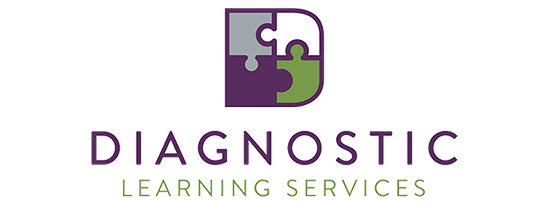
Why Students with Dyslexia Can Struggle with Math
Dyslexia is often associated with difficulty reading, but students with dyslexia often struggle in math too. Math can be complex. It’s a subject made up of symbols, word problems, and concepts of time, sequence, and order. Math also calls on conceptual, logical, and spatial reasoning and computational skills. Learn more about the relationship between students with dyslexia and math:
Subskills are essential in math and reading. Much like in reading, tasks in math are often structured in sets of subskills. Different subskills in reading are often broken down and evaluated for students with dyslexia. This helps in forming an action plan to improve specific subskills for reading. However, in math, subskills don’t tend to be evaluated in the same way. Since these concepts are built on one another, full understanding of skills is important for mastering future concepts. Identifying subskill weaknesses in math and working to improve upon these skills could be beneficial for a student with dyslexia.
Reading numbers and following word problems presents a challenge. It’s common for students to reorder digits when working out problems. Another common occurrence is students solving problems correctly in their work, but recording them incorrectly.
Complex terms can present a challenge. Calculate. Multiply. Fraction. Quotient. Denominator. When students with dyslexia are not equipped with sufficient reading skills, storing these words and concepts in their vocabulary can be a challenge.
Word problems can be a problem. Even if a student with dyslexia has knowledge of the correct calculations and processes, comprehending sentences or paragraphs that use complex words can be quite challenging.
Dyslexia is different than dyscalculia. While dyslexia is defined by decoding, encoding, and memory and processing problems with letters, words, and numbers, dyscalculia is more likely to affect these processes with numbers.
Good performance doesn’t mean a student isn’t struggling. Some students with dyslexia are able to excel in higher level math. However, dyslexic students may struggle with math facts that they need to build on in order to perform higher level problems more easily. It is essential to determine where in the process of problem solving that these issues in math occur.
Evaluation of skills is necessary. Math requires so much brain power! Organizing, naming, sequencing, and recognizing and relating quantities are all skills that go into different math problems. Math often requires the use of multi-step tasks as well. Students with dyslexia would benefit from being assessed on these skills in order to move forward in math.
Consider how a different learner’s brain works. For reading, many instructional methods are implemented to break down words and to learn vocabulary and context. For math, students with dyslexia can benefit from approaches that help them to visualize math, to talk out math problems, and to organize information so that they can solve problems.
Many processes are working in the brain for math and reading. As in reading, many cognitive steps and systems are at work when a student is doing math. Integrating multisensory approaches to help students connect with math can be effective and successful.
Because of the relationship between students with dyslexia and math, a calculator is an often used and appropriate classroom accommodation. Learn more about dyslexia treatment at Dyslexia on Demand.







